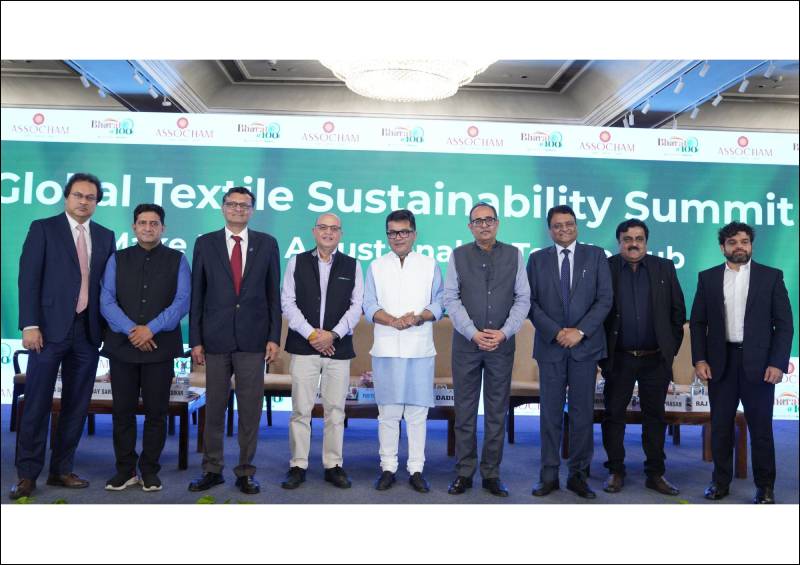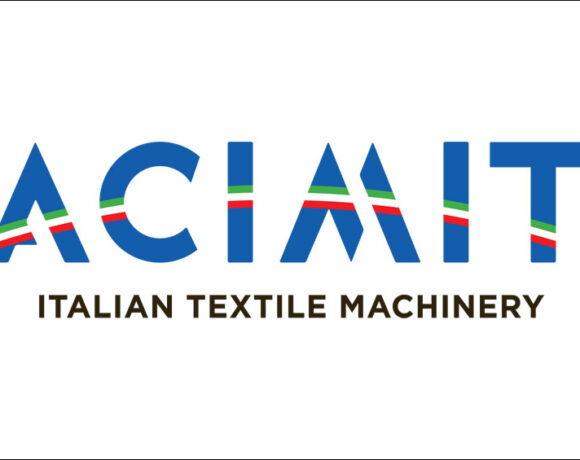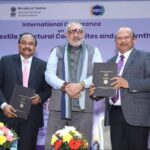Textile Industry Becoming A Driving Force Of India’s GDP: Pabitra Margherita

Pabitra Margherita, Hon’ble Minister of State, Ministry of Textiles, Government of India, addressed the ASSOCHAM Global Textile Sustainability Summit, emphasizing the vital role of sustainability in the textile industry. He outlined a vision for India to lead in sustainable textiles, inspiring global responsibility.
Margherita stressed the importance of collaboration and innovation in achieving sustainability, urging the industry to align growth with social responsibility and economic inclusivity. He highlighted India’s unique opportunity to set new benchmarks for sustainable practices and called for sustainability to guide the industry’s progress while positively impacting the environment.
The Minister also introduced several initiatives by the Ministry of Textiles aimed at embedding sustainability throughout the value chain. These include the establishment of an Environmental, Social, and Governance (ESG) Task Force, the promotion of eco-friendly practices, garment recycling, and the development of biodegradable materials. Policy interventions like the Production Linked Incentive (PLI) scheme, PM MITRA parks, and the National Technical Textile Mission (NTTM) are fostering investment, infrastructure development, and employment in the textile sector.
“Our ambition is not only to position India as a hub for sustainable textiles but also to inspire a global movement towards a more responsible industry,” stated Mrgherita.
Historic Growth and Sustainability
Rohit Kansal, Additional Secretary, Ministry of Textiles, noted the industry’s potential for historic growth, currently valued at US$ 175 billion, including exports of US$ 38–40 billion. By 2030, the sector is projected to grow to US$ 300 billion, with US$ 100 billion in exports. He highlighted four trends driving this growth: domestic sector expansion, digitization, automation, and AI. Kansal also emphasized the need for circular economy practices, especially as textile waste is the third-largest contributor to municipal waste.
“Embracing sustainable practices is essential and must become a lasting shift in the industry’s approach,” Kansal said, encouraging collaboration among textile clusters and MSMEs to adopt advanced technologies and green practices.
Industry Leaders on Sustainability
M.S. Dadu, Chairman of the ASSOCHAM Textiles and Technical Textiles Council, affirmed that India is balancing growth with sustainability by embracing cutting-edge technologies like waterless dyeing, digital processing, and energy-efficient garment production.
Milind Hardikar, Co-Chairman of ASSOCHAM Textiles, stressed that the industry is committed to ESG as a global standard, focusing on risk management and mitigation, with strong government support for circular economy practices and net-zero emissions.
Ajay Sardana, Co-Chairman of the ASSOCHAM Textiles and Technical Textiles Council, highlighted India’s leadership in recycling PET bottles into premium recycled polyester garments. He emphasized advancements in fabric-to-fiber recycling, noting that government incentive schemes will drive sustainability to even greater heights, contributing to a greener future for the indust















